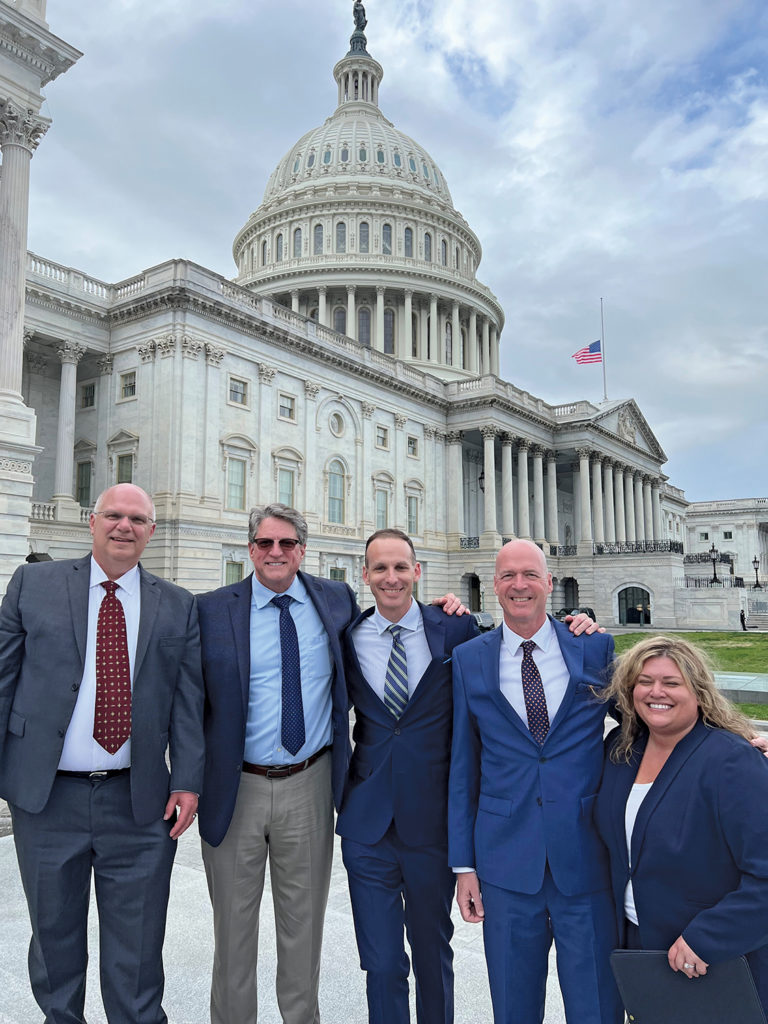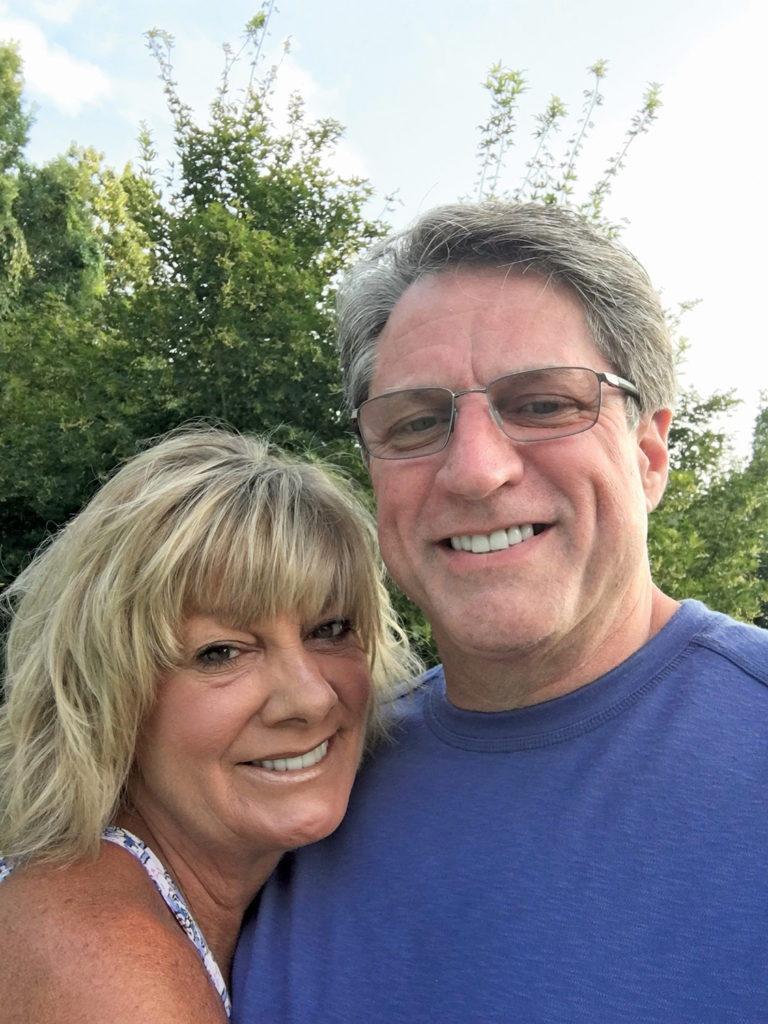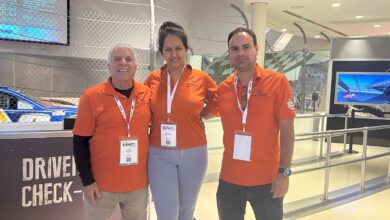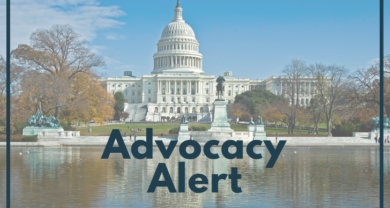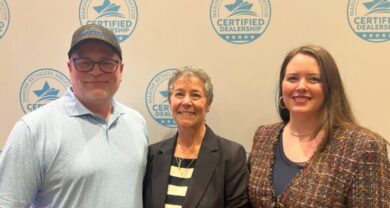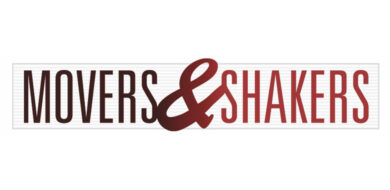Profiles in Leadership: Dave Marlow
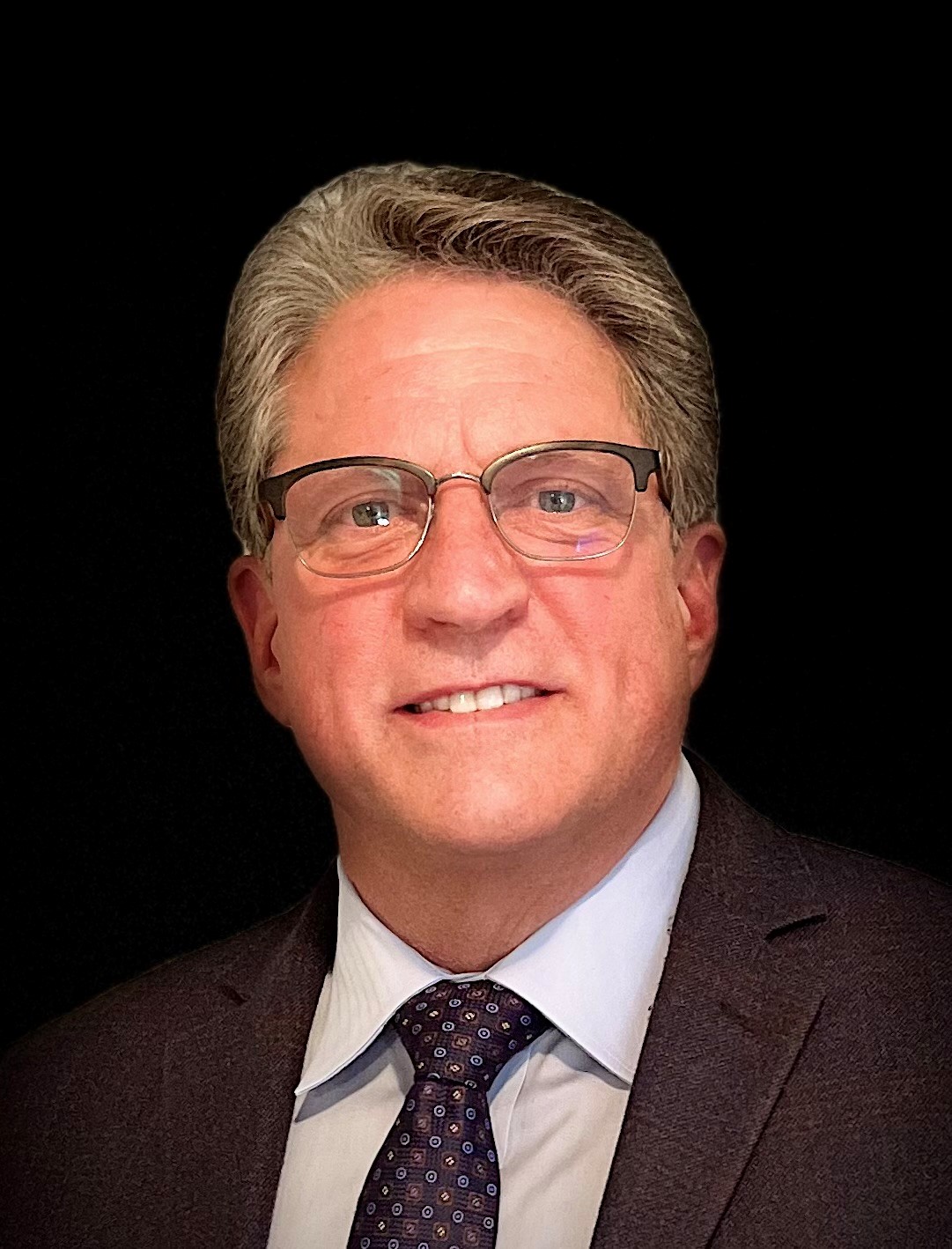
By Wanda Kenton Smith
One of Dave Marlow’s most memorable childhood boating experiences involved a sinking boat and rescue mission.
He and his brother were enjoying a fun sightseeing adventure in Norfolk Harbor with their grandfather aboard his small 14-foot aluminum jon boat with a Mercury 9.8 outboard to view the big ships. On the return leg, his brother asked permission to take the helm. While attempting to maneuver through choppy conditions, he inadvertently stuffed the bow a few times too many which ultimately swamped and capsized the vessel. Fortunately, the threesome was rescued by the U.S. Coast Guard, a story not lost on anyone who knows anything about Dave Marlow’s career and his passion for boating safety.
Dave recalls early days spent water skiing and fishing whenever the opportunity arose. His dream was to become a marine biologist, but a fortuitous introduction in 1986 changed the trajectory of his career. Through mutual friends, he met Mike Myers and Jerry Michalak who were jointly running Sea Ray’s Product Development and Engineering Division in Merritt Island, Fla. After an initial interview, Dave was hired into a management training program as a prototype electrician for Sea Ray’s yacht group.
Since that initial onboarding 36 years ago, Dave has navigated a highly successful marine industry career spent exclusively under the Sea Ray and later, Brunswick Boat Group, umbrella. As Brunswick’s Senior Director of Product Integrity/Government Affairs, his present role entails “cultivating a network within the company to prioritize product safety, develop accountability and increase the level of competency at production and engineering functions that follow and meet all global industry compliance standards.”
Dave also oversees Brunswick’s government affairs committee and represents the organization on a variety of key committees and initiatives associated with ABYC, NMMA and the USCG.
To wit, he has served three terms on the U.S. Coast Guard’s recently renamed National Boating Safety Advisory Committee and currently is acting chairman. He has chaired the ABYC Board of Directors twice; served on its technical board 25+ years, including a term as chair; and presently is a division director.
Dave was actively involved in the development of the EU’s Recreational Craft Directive from its inception in 1994 and remains actively engaged in the Recreational Sectoral Group.
He works closely with the NMMA on major safety issues including Prop 65, wake surfing laws and R&D tax credits, while also serving on its Engine Manufacturers Division Board and on the Boating Industry Risk Management Council.
An additional hat includes board service for the International Marine Certification Institute.
For his significant contributions over the past three decades, Dave has been presented with the ABYC’s James G. Lippman Award for Boating Safety Achievement; NMMA’s Legislative Appreciation Award; and the USCG Meritorious Service Award.
Boating Industry (BI): As you consider your 36-year industry career, your work with Brunswick Group and service to the industry at large, what are you most proud of in terms of your contributions and achievements?
Dave Marlow (DM): I’m perhaps most proud of the collaborative work that I have participated in within this industry. Organizations like NMMA and ABYC, with the assistance of the USCG, have been extremely diligent in bringing together the best minds of the marine industry to understand, discuss and resolve issues affecting boating and boating safety.
There is a unique quality for those that help in this endeavor. Regardless of what company you work for, it’s always been this “check your business hat at the door” approach to create consensus standards for the good of the industry and the consumers we serve.
It thrills me to be a part of that work and I look forward to continuing those efforts for years to come.
BI: I’m aware that Brunswick is a strong advocate for boating safety and education. Please explain your major initiatives in this area.
DM: It starts with our products. We pay particular attention to our consumer and how they interact with our products and design them with safety in mind. We are diligent in how we market and advertise our products and endeavor to show consumers wearing life jackets, using handholds and boating responsibly.
We build our products to all regulations affecting them within the marine sector and we also comply with voluntary standards from organizations like the American Boat and Yacht Council (ABYC) and the International Standards Organization (ISO). To validate our commitment, we ask third party certification bodies such the National Marine Manufacturers Association in the U.S. and the International Marine Certification Institute in the EU to inspect and verify compliance in our construction.
We are an active member and participant with the USCG, and other industry committees dedicated to discussing and evaluating boating fatalities, injuries and statistics with the intent to better understand the circumstances involved.
I’m proud to say that Brunswick recently launched BoatClass, a new immersive, on-water training program designed to provide the fundamentals of boating safety and operation, encourage boaters develop their skills, and build confidence on the water. Training is 100% on-water and covers techniques including shifting and throttle control, turning, stopping, pivot turning, docking, wave crossing, anchoring, and boat trimming, among others.
Safety isn’t a trend; it’s an everyday focus for us and our consumers. We are welcoming new boaters into our industry every day and it is imperative that they have access to the best safety and boating education experience.
BI: What is your personal strategy for success … how do you stay on top of your game?
DM: There’s a saying, “You’re either at the table or on the menu.” I strive to stay engaged not only in what is happening in our industry here and abroad, but I am plugged into those organizations and committees whose job it is to analyze boating safety trends, emerging technology and developments for potential standards development. I stay fully engaged on state and federal legislative efforts that may impact the marine industry here in the U.S.
BI: From your perspective, what is/are the biggest challenges ahead for the industry overall?
DM: Within the industry, the biggest challenge involves the next technology wave. I think that electrification will bring about more changes/challenges to the marine industry in the next five years than we’ve seen in the past 25. There is quite a bit of attention focused on ways to use battery technology to replace on-board generators, as auxiliary or main propulsion systems and for increased on-board system power. There is much to learn about these advances and while our industry has ability to learn from other consumer sectors that are already engaged, water, as a biome, presents its own strategic challenges.
Externally, I think we are on the cusp of cracking the code on our ability to really engage and communicate with the boating consumer. For many years, boats have been sold through a dealer network. New opportunities in consumer outreach have given the industry the ability to track consumer sentiment and their use patterns. They demand smart devices, technology and experiences that make boating easier than ever before. Finding the pathway to stay connected will be a big challenge to staying competitive in the boating marketplace.
BI: What leadership traits do you feel are most needed by those working in the marine industry today… and why?
DM: Be a positive leader, communicate and teach! People never come to work to do a bad job, but as an industry, we often don’t provide the proper training, support and resources to do a good job. It’s important that we take the time to understand the processes we subject them to that prevents our employees from doing a great job.
Now, more than ever, we need to focus on workforce development. Having employees to make products is key, but their training must keep pace with the industry’s technological development and advancement.
BI: Finally, what’s your personal mantra or words you live by?
DM: There’s a saying, “It’s not hard to do the right thing – what’s hard is knowing what the right thing to do is.” Once you know that, “Doing the Right Thing” is easy.
Making decisions isn’t always easy but I believe that leaders are held to making the right decision, even when it’s unpopular. I think one of life’s highest honors is to be respected as a person of principle.

